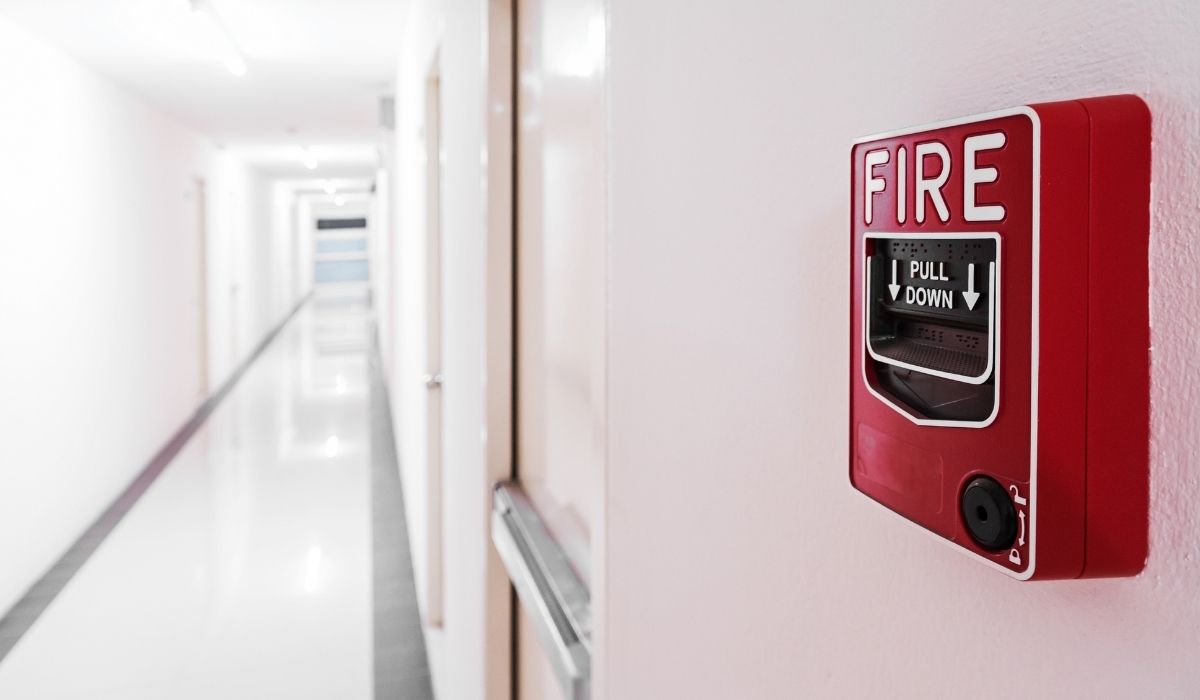Fire alarms are an essential safety feature in homes, businesses and other public buildings. They are designed to detect smoke and sound an alarm that alerts occupants to evacuate the building in the event of a fire. Fire alarms can save lives by providing early warning of a potential fire, allowing people to evacuate the premises before the fire spreads. Furthermore, fire alarms can alert the fire department, giving them time to respond quickly and minimise the damage caused by the fire. In this article, we’ll discuss how fire alarms can save lives and why they are so important.
The Benefits of Fire Alarms
Fire alarms are important because they provide an early warning of a potential fire. They are designed to detect smoke and alert occupants to evacuate the building. When smoke is detected, the alarm will sound, alerting people in the building of the potential danger. Heat detectors are also available and are designed to detect elevated temperatures in the air. If the temperature rises above a certain level, the alarm will sound, alerting people to evacuate the building. This early warning can give people enough time to safely evacuate the premises and avoid injury.
Fire alarms can also reduce the risk of death and injury in the event of a fire. They provide an audible warning that alerts people to evacuate the building, reducing the amount of time they are exposed to smoke and heat. Additionally, fire alarms can alert fire personnel to the location of the fire, allowing them to respond quickly and limit the amount of damage caused by the fire.
Fire alarms can also help reduce property damage caused by fire. They provide an early warning that can allow people to evacuate safely and prevent further damage. Additionally, fire alarms can alert the fire department, giving them time to respond quickly and limit the spread of the fire.
Fire alarms can also be used to alert the local fire department of a potential fire. Many fire alarms are now connected to a monitoring system that can alert the fire department when the alarm is triggered. This allows the fire department to respond quickly and potentially save lives and property.
Installation
The installation of fire alarms is a critical component of any fire safety plan. Fire alarms should be installed in all areas of the building, including high-risk areas such as kitchens, garages, and attics. It is important to regularly test fire alarms and replace the batteries as needed. Additionally, it is important to ensure that everyone in the building is aware of the location of the fire alarms and the proper evacuation procedures.
In most cases, a smoke detector is sufficient for detecting a fire. However, a fire can spread quickly and leave little or no visible evidence of the fire. A fire alarm system can alert people of a fire and help them evacuate safely. Fire alarms are often required by building codes in areas where there is a high risk of fire, and are usually required to be installed in each room of the home. Many fire departments are required to respond to fires within a certain amount of time after receiving an alarm from the fire department.
Conclusion
Fire alarms are an essential safety feature in homes, businesses and other public buildings. They are designed to detect smoke and sound an alarm that alerts occupants to evacuate the building in the event of a fire. Fire alarms can save lives by providing early warning of a potential fire, allowing people to evacuate the premises before the fire spreads. Furthermore, fire alarms can alert the fire department, giving them time to respond quickly and minimise the damage caused by the fire. Fire alarms are an invaluable tool for protecting lives and property in the event of a fire.





